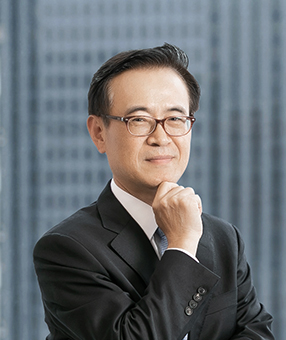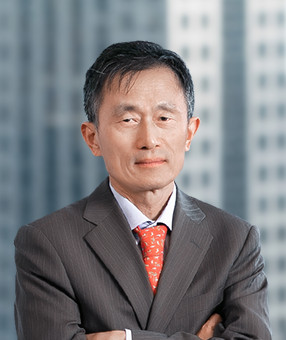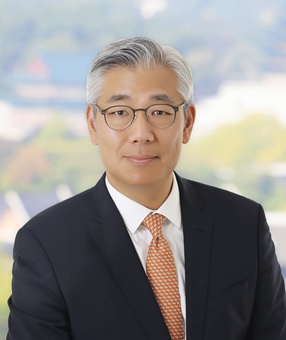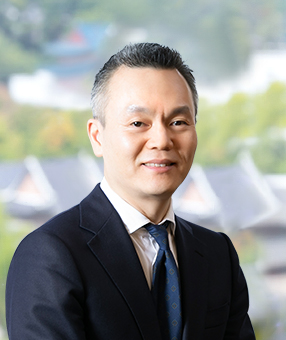The Supreme Court recently reviewed a case that raised the question of whether an employee, who reached the company’s retirement age after filing a lawsuit for confirmation of dismissal invalidation, could seek back pay, including the period after retirement, on the grounds that he had the right to expect re-employment after retirement. The Supreme Court ruled that the plaintiff had the right to expect re-employment as a fixed-term employee after retirement under the particular circumstances of the case. Accordingly, by affirming the lower court’s decision, the Supreme Court held that the plaintiff should be paid the amount equivalent to the wages that he would have been paid if he was rehired as a fixed-term employee after retirement (Supreme Court Decision No. 2018Da275925, June 1, 2023).
In this case, there was no provision concerning the rehiring of retirees as fixed-term employees in the collective bargaining agreement, rules of employment, or employment agreements. Nevertheless, the Supreme Court accepted the plaintiff’s argument that all employees who reached the company’s retirement age still had the right to expect re-employment as fixed-term employees on the grounds that (i) the company introduced a system under which retirees were re-employed as fixed-term employees, and (ii) all of such employees were re-employed as fixed-term employees without exception.
Previously, courts have rendered conflicting decisions depending on the specific factual details of each case as to whether a retiree could have the right to expect re-employment. In one case, the Seoul High Court denied a retiree’s right to expect re-employment on the basis that “Under the relevant provisions in the rules of employment or collective bargaining agreement, the company has discretionary authority to re-employ employees who have retired upon reaching the company’s retirement age, if deemed necessary, and is thus not required to re-employ retirees. Therefore, it cannot be deemed that an employee who has reached his/her retirement age has the right to demand that the company enter into an employment contract” (Seoul High Court Decision No. 2015Nu35125, October 7, 2015, which became final after no appeal was filed). On the other hand, in a case where a collective bargaining agreement provided that a retiree shall be re-employed upon satisfaction of certain requirements (i.e., eligibility review), the Seoul High Court acknowledged the retiree’s right to expect re-employment (Seoul High Court Decision No. 2018Na2030830, May 3, 2019, which became final by dismissal of the appeal).
The above Supreme Court decision has established a precedent by explicitly ruling that the right to expect re-employment can be recognized based on the practice of re-employment after retirement, even if there is no explicit provision on re-employment after retirement in the company regulations. Accordingly, it is expected that the right to expect re-employment after retirement may be more broadly recognized.
Recently, labor federations have consistently demanded that companies extend their respective retirement age limits, and many companies are considering hiring retirees as fixed-term employees for a certain period of time as an alternative to an extension of the retirement age. If companies selectively re-employ some retirees as fixed-term employees, depending on the specific circumstances of each case, disputes may arise in light of the Supreme Court’s decision. Therefore, in order to minimize the aforementioned risk, a company that is considering re-employing retirees in the future needs to clearly establish its regulations on re-employment, including the eligibility criteria.
Related Topics
#Retirement #Re-employment #Labor & Employment #Legal Update








